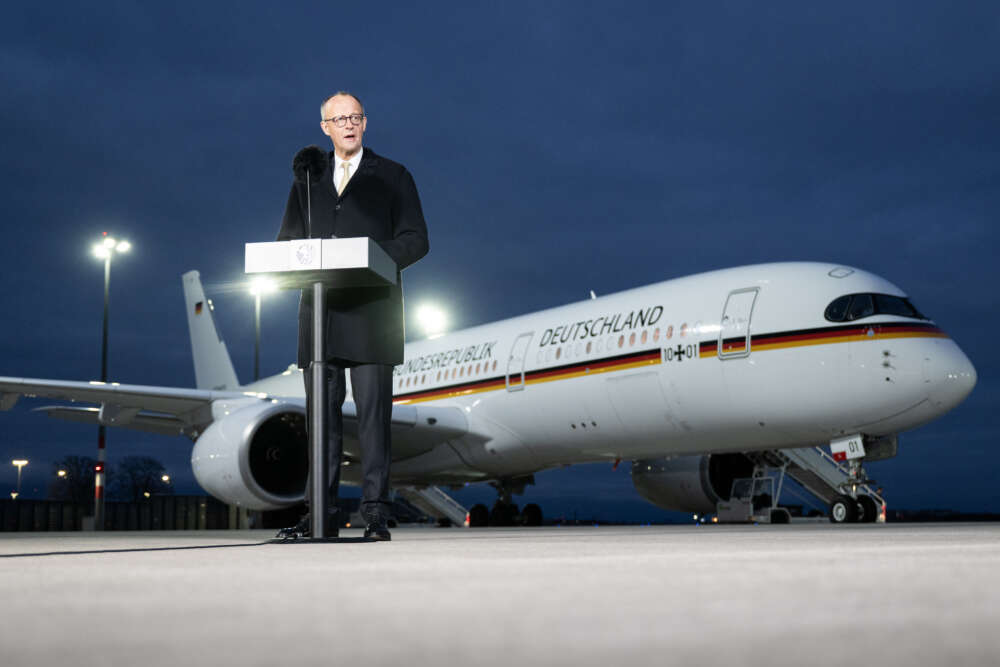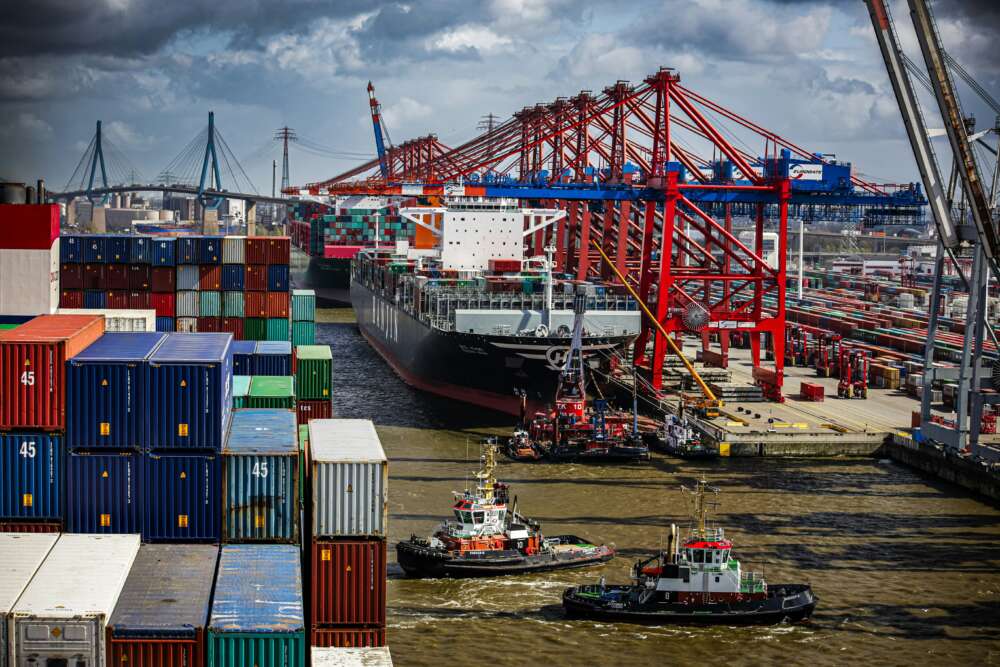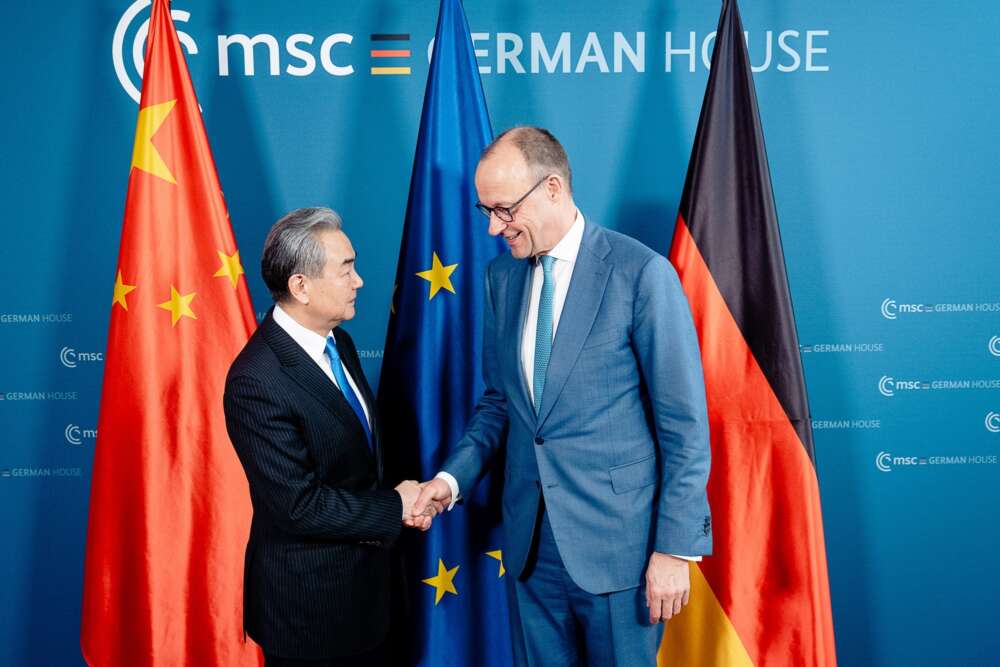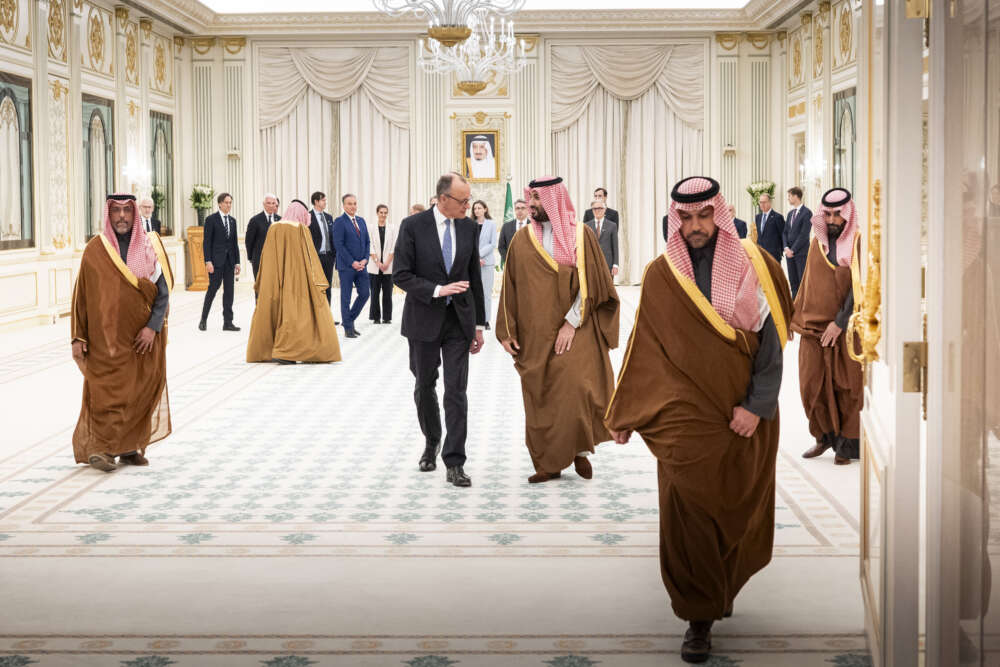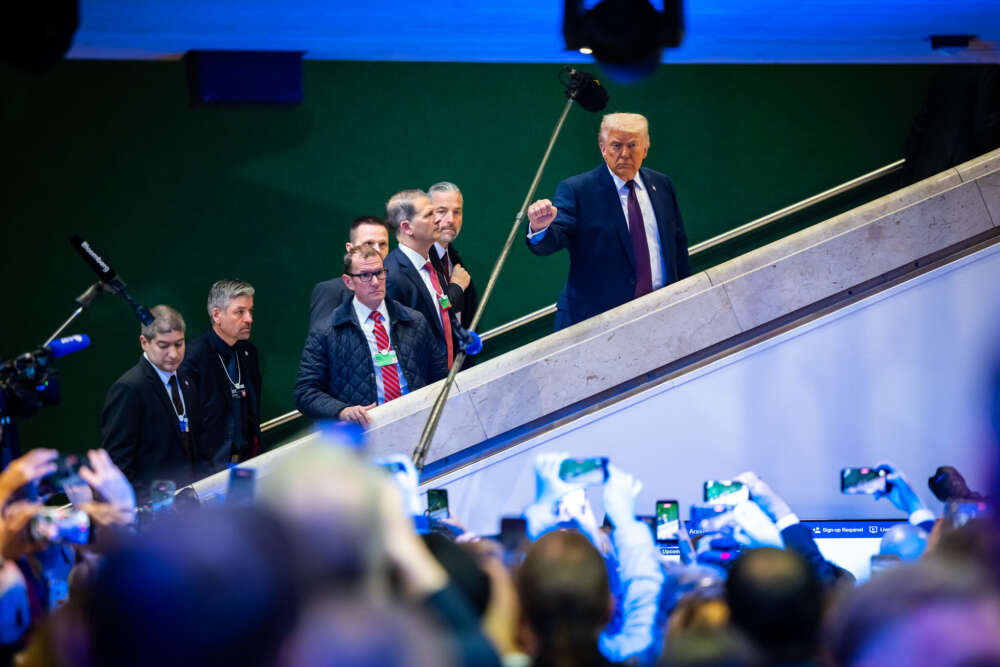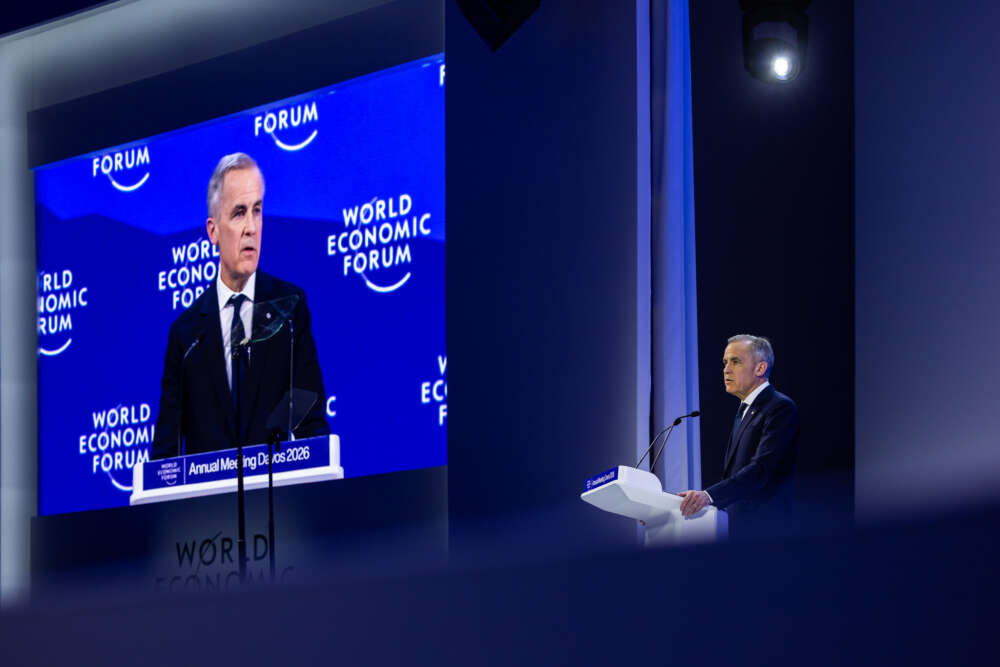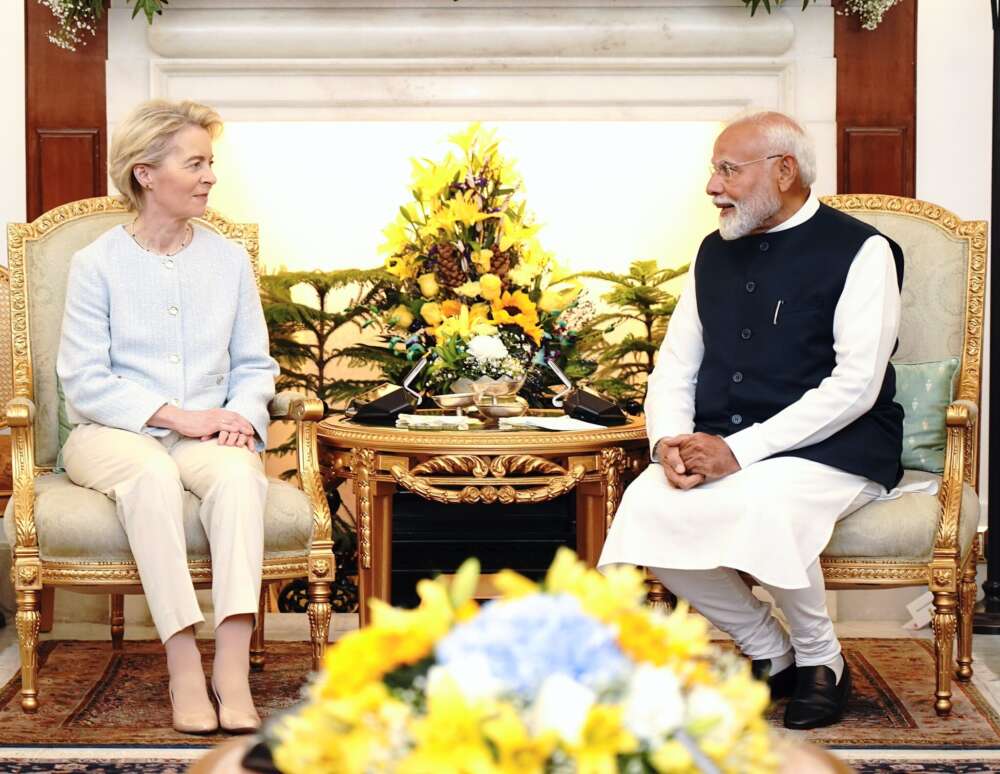Sixty Years After Ankara, Let’s Venture a Reset in EU-Turkey Relations
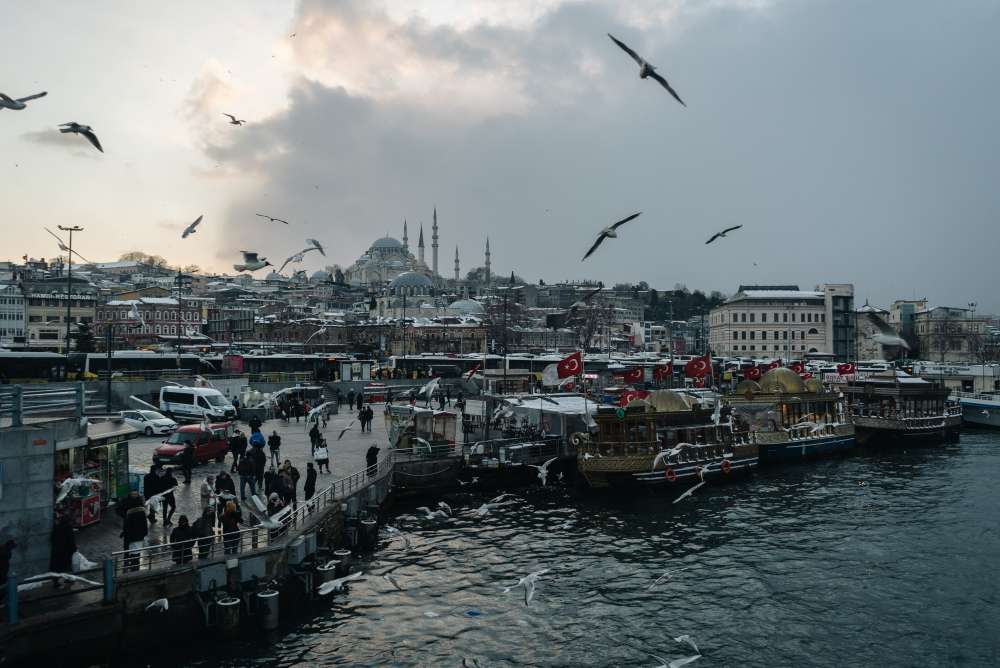
In September 1963, the EU’s predecessor organization and Turkey signed an association agreement that was meant to pave the way toward full membership for Ankara. Six decades later, frustration has replaced hope while tension mounts. It’s time for a new approach.
A path to deeper economic and political integration with Europe. Closer economic ties between Turkey and the EU’s predecessor body, the European Economic Community. Open doors that Turkey need only walk through: that was the basic promise of the Ankara Agreement. Today, this vision seems a long way off, and the process set in motion 60 years ago has been stalled for years.
Contemporary Turkey is a different country than it was in 1963. Although it faces economic difficulties, the nation on the Bosphorus is among the world’s 20 largest economies. It is also involved in the most pressing conflicts in its neighborhood and has become a serious regional power. This new reality demands a fundamental reorientation of the EU’s relations with Ankara – one that is free of old illusions. Europe’s security also depends on its ties with Turkey.
A Strained Relationship
The EU and Turkey maintain close relations through existing association agreements, but the relationship is strained. Negotiations on Turkey’s potential accession to the EU officially began in 2005 but were effectively frozen in June 2018 following numerous crises related to the country’s lack of progress on strengthening human rights and the rule of law.
Turkish President Recep Tayyip Erdoğan’s recent attempt to trade a yes to Sweden’s NATO membership for a yes to Turkey’s EU membership has no chance of succeeding. Nevertheless, it shows that Erdoğan has read the zeitgeist: policymakers in European capitals are increasingly willing to step up their efforts to cooperate with Turkey again.
Ankara, too, has a vested interest in realigning its relationship with the EU. For all its apparent successes, Turkey’s ability to project power in its own neighborhood and beyond is limited. Without a solid economic base and stable partnerships with allies, it is hardly possible for the country to engage abroad in a sustainable manner.
An Outdated Customs Union
Turkey has thus been insisting for several years that the existing customs union with the EU, which was established in 1995 on the basis of the Ankara Agreement, be modernized. Ever since it was supplemented by bilateral preferential agreements for agricultural products and coal and steel at the end of the 1990s, the customs union has remained unchanged. Moreover, it was designed as a temporary solution based on the assumption that Turkey would eventually join the EU in a few years’ time. As a result, certain areas, such as digital services, are not covered by the customs union. What is more, the current arrangements, particularly with regard to the negotiation of free trade agreements (FTAs), have the effect of sidelining Turkey in such negotiations and led to an erosion of its privileged trading position: as third countries gain access to the Turkish market through FTAs with the EU, they have no incentive to conclude similar agreements directly with Ankara.
As a result, Turkish exports are discriminated against in European FTAs with third countries and Turkish producers are exposed to external competition without being able to compete in third markets on the basis of reciprocity. Increasingly, this asymmetric situation has led Ankara to violate the rules and produced trade disputes between Turkey and the EU that cannot be resolved because no dispute settlement mechanisms exist. If the customs union is not updated, this situation will likely get worse: the broader changes in the global trade environment and the resulting spike in bilateral trade agreements ‒ which are a key geopolitical instrument of the EU – could further undermine Ankara’s privileged trade position.
Closely linked to this issue is Turkey’s desire for visa liberalization. The EU’s current visa policies vis-à-vis the country severely restrict the economic freedoms of Turkish entrepreneurs – and Turkey is the only EU candidate country that has not been granted visa liberalization.
Shared Strategic Interests
A recent memorandum that Ankara has signed with Sweden also reflects how deeply Turkey cares about these two issues. When the Turkish Grand National Assembly, the country’s parliament, ratifies Sweden’s accession to NATO after it returns from summer recess this fall, the Turkish government will remind Stockholm of its promise to support both visa liberalization for Turkey and the modernization of the EU-Turkey customs union. Sweden has also pledged to shore up efforts to revive Turkey‘s EU accession process.
Despite its aspirations to become more strategically independent, Turkey simply cannot afford to compromise on good relations with the EU at this time. Even though it is growing, the Turkish economy is in crisis, partly due to the Turkish government’s financial and economic mismanagement in recent years. The EU remains the country‘s most important export market as well as its largest investor.
But the EU and especially Germany also have a strategic interest in a stable and secure neighboring environment, given their aspirations to gain more geopolitical influence. Turkey in particular is of fundamental importance in this regard: it is a key player in several regions that border the EU. Think, for instance, about Ankara’s pivotal role in the Russian war of aggression against Ukraine, or about its engagement in the Caucasus and Middle East as well as recent developments in the Sahel and sub-Saharan Africa. With regard to the latter, the declining influence of Europe, especially France, and the impact of regime changes in the region could have grave consequences for Europe. Turkey’s presence there is an opportunity for Europe to stay involved.
Geopolitical Ankara
Turkey is one of the most active economic and military players in Africa, alongside Russia and China. As such, it is helping to contain the expansion of Russia’s influence and the activities of jihadist actors on the continent by skillfully linking its defense cooperation with traditional development cooperation in the areas of education and humanitarian aid – often on the basis of a shared history with as well as its religious and cultural proximity to African countries. In this way, Turkey manages to deepen its economic relations and increases its influence abroad.
It should be in Germany’s and Europe’s interest when Turkey makes a constructive contribution to stability and security in Africa and the Middle East, effectively supports the fight against international terrorism, helps to contain Russia and China in Central Asia and Africa, and remains a reliable partner in preventing illegal migration. Moreover, Ankara can help Europe deepen its relations with countries in Central Asia and find new ways of economic and development cooperation in Africa.
Beyond the Accession Process
However, the current framework of EU-Turkey relations, which is still oriented toward a full membership for Turkey, raises false expectations, produces disappointments on both sides and prevents real progress. Politically, there is no realistic prospect that Turkey will join the EU anytime soon. At the same time, however, there is a pressing need for more constructive and, above all, more honest engagement between the two sides, which is why it would be better to lift relations onto a new level outside the formal accession process.
Although Ankara continues to insist that EU accession is a strategic goal for Turkey and no Turkish government has yet dared to unilaterally abandon the accession process, the desire in both government circles and Turkish society to become a full EU member is waning. On the basis of the association regime established by the Ankara Agreement, relations between Turkey and the EU could develop on a more equal footing without ruling out full membership for Turkey at a later stage. If outfitted with new, additional protocols, the Ankara Agreement offers a tool for deeper cooperation and integration without the risk that either Brussels or Ankara will lose political capital.
Germany, in particular, should spearhead efforts to take these steps forward and give new impetus to Europe at large. Despite the countries’ various differences, Germany remains Turkey’s most important partner in the EU. Berlin should help to communicate Turkey’s geostrategic significance for Europe and, wherever possible, support efforts to intensify exchanges.
Ways Forward
To this end, Berlin can work to resume the so-called EU-Turkey dialogue, which ground to a halt in 2021, and subsequently continue negotiations on modernizing the customs union. This is also in Europe’s interest as it attempts to “de-risk” relations with China: efforts to strengthen Turkey’s role as a production site for Europe will serve to reduce the latter’s dependence on Chinese products in the domestic market. In addition, there are shared opportunities for more and more formalized cooperation in the areas of security and defense, migration, and energy and climate policy. If Turkey were integrated into PESCO or European Defence Fund projects, this could also improve cooperation between the EU and NATO, in addition to potential technological and economic benefits, because Ankara could work more closely with European NATO countries on security issues. And in the realm development cooperation, especially in sub-Sahara Africa, Ankara and Berlin could complement each other in humanitarian aid and education projects.
In the field of energy, Turkey’s geographical location as an energy hub for the whole of Europe is an incentive for the EU to bring the country into the European energy infrastructure through the European Green Deal. The EU is already working with Ankara to better integrate the Turkish gas and electricity markets into the EU’s internal energy market. With natural gas now serving as the prime transitional energy source in the EU, transit countries such as Turkey – which imports gas from the Caucasus, the Eastern Mediterranean, the Middle East, and Central Asia – are becoming more important. The potential for green hydrogen production from renewable energy sources in Turkey also suggests that it be more closely integrated into EU plans for a clean energy transition. This would also be in the interest of German climate diplomacy and the German economy specifically: Turkey is a growing market for renewable energy technologies.
Toward a Dialogue at Eye Level
The EU should also encourage Turkey to participate in more European agencies that promote EU integration in specific policy areas in a more decentralized way. However, this would require tough reforms in Turkey, which are unlikely in the foreseeable future. While the Republic of Cyprus and Greece have blocked many advances for deeper integration between the EU and Turkey during the accession process, more ad-hoc forms of cooperation outside the official accession channel could offer scope for rapprochement. Recent positive signals from both Ankara and Athens for a dialogue without preconditions and based on common interests are promising in this regard.
Be it in Africa or Central Asia, Turkey can be a partner for the EU in many regions that are of strategic importance for Europe, both economically and in terms of security policy – or it can become a strategic challenger. Berlin and Brussels must therefore acknowledge that they have a strong interest in a well-regulated as well as a deeper and, above all, more stable relationship with Turkey. That the latter is firmly anchored in the Euro-Atlantic institutions can no longer be taken for granted. Ankara has long been looking at other bodies and blocs and wants to keep its options open.
A Careful Balancing Act
Still, Turkey is not seeking to break with the West – it rather envisions a careful balancing act. The Turkish leadership sees its country as a regional power that is independent of other blocs and wants to negotiate with them on an equal footing. After the last presidential and parliamentary elections, which were very successful for him, President Erdoğan feels reassured in this course. His new cabinet underlines his intention to follow a uniquely Turkish path and continue the balancing act he started.
Closer cooperation offers many opportunities for both Europe and Turkey. Berlin and Brussels should learn the right lessons from the failures of the past in time for the next European elections in 2024 and present a real, pragmatic vision for the future of EU-Turkey relations. The 60th anniversary of the Ankara Agreement is an opportunity for each side to formulate a strategic vision for the European neighborhood. The EU also needs to rethink and reorganize its relations with other countries in the region if it is to become a serious geopolitical player. As for Turkey, the prospect of a structured partnership with the EU could help to prevent Ankara from drifting even further away from the West and revitalize the idea of integrating Turkey into a united Europe.
A German version of this commentary war originally published by Internationale Politik on September 12, 2023.
